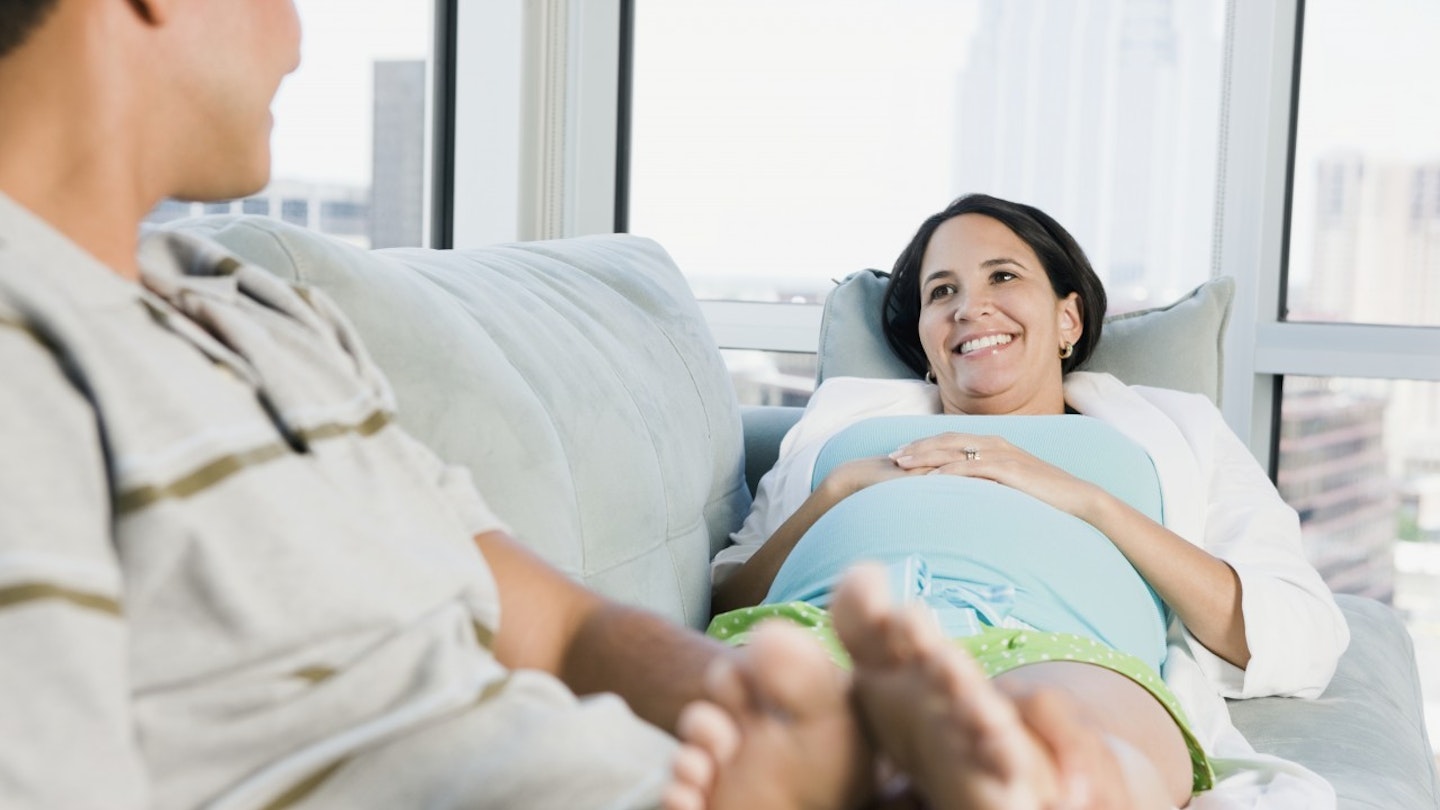You thought it was just your bump that was supposed to be growing, but what’s with the puffy ankles?
What is it?
Ankles often swell up a little in pregnancy as your body is holding more water than usual. ‘The swelling is fluid retention – when extra water builds up and collects in the lower parts of the body,’ says independent midwife Virgina Howes. While they may be a little bit sore and you won’t be able to squeeze into your favourite heels, they’re nothing to worry about.
What are the symptoms?
For most pregnant women, it usually happens at the end of the day, especially if you’ve been on your feet for long periods of time. You’ll notice puffiness around your legs, ankles, feet and your skin might feel tight and a little sore to touch. Some women can experience swelling in other parts of their body, like fingers, too.
What can you do?
A little unsightly perhaps, but swollen ankles are nothing to panic over and there are a few things you can do to help, too. ‘Try taking a bath because being in warm water will soothe pain and reduce puffiness,’ says Virginia. ‘You could also elevate your feet until they are above your body, which will help improve circulation.’ Rest them on a few stacked pillows when you’re lying down, or prop them up against the wall if you’re near one. And the boring bit: remember to wear comfortable shoes that aren’t too tight and putting pressure on your feet.
See your GP…
You should seek medical attention if your face, feet or hands swell up suddenly as this could be linked to a pregnancy condition called pre-eclampsia, although it’s relatively uncommon for most pregnant women.
